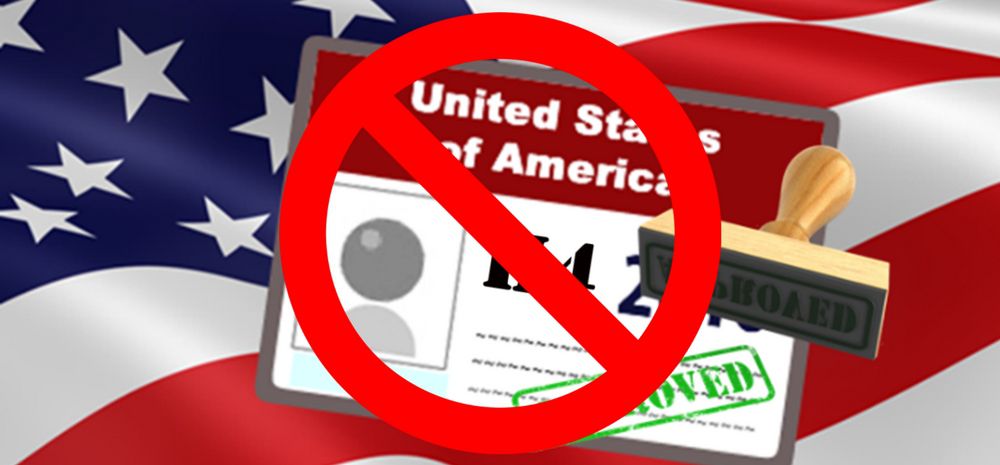H1B Visa Rejection Rate Increase By 657% For Wipro, 925% For Tech Mahindra; Are Indian IT Firms Being Targeted?

This one right here, is a very cumulative summation of all that we’ve been hooking onto you about the H-1B visa denials and the non-uniform distribution of visas to American companies, against the Indian based IT companies.
It is no enigma that post Donald Trump government there has been a significant peak drop in the number of H1B visas issued to Indians and other immigrants each year.
As a result of more restrictive Trump administration policies, rejection rates for H-1B petitions have increased significantly, with the highest denial rate among major Indian IT companies, according to an American-based think tank.
US is Losing Skilled Employees
Until 2004, the cap of H1B visa was 195,000. This number has now been limited to an adjusted cap of 85,000. In 2019, 190,098 H-1B petitions were filed and only 85k visas were capped. The white paper also said that the number of Indians sending their GMAT scores fell to 45% in 2018 from 57% in testing year 2014.
In 2019, the US saw a 13.7% decline in international business school applications, even as Canada and Europe recorded an increase. The growth pace in the number of Indian students studying in US has slowed, at 5.4% in 2018 over 12.3% the previous year.
In simpler words, with the procedure of entering the States becoming more and more arduous, every Indian is almost reconsidering going to the US for job or studies, as a large number of technology professionals on H-1B visas in the US are Indians.
Canada and other European countries are soon becoming the go-to destination for skilled Indian IT workers and students wanting to pursue higher studies. This has now started to show affect on the market factors of the US. It has been found that the the US is not producing enough people with the skills to fill them.
Numbers and Figures
The denial rates for H-1B petitions have increased significantly. According to a National Foundation for American Policy (NFAP) analysis of USCIS, denial rates for H-1B petitions increased from 6% in FY2015 to 24% in the first three quarters of FY2019 for new H-1B petitions for initial employment.
The H-1B program allows companies in the United States to temporarily employ foreign workers in occupations that require the application of a body of highly specialized knowledge and a bachelor’s degree or higher in the specific speciality, or its equivalent.
The denial rate of H1B petition witnessed a massive downfall from Indian companies. Also, there is a massive mismatch in the number of H1B visa rejections for Indian based IT companies in the US, over American based ones. Data from USCIS show that the rate at which H1B visas are rejected is much higher for Indian IT firms than firms based out of the US.
The H1B visas for IT firms like Capgemini, Cognizant, Infosys and Deloitte is fashionably being mitigated while firms like Amazon, Google or Apple face no such difficulties in hiring Indian talent for the growth of their companies.
Tech Mahindra denial rate soars to 41% in 2019 from 4%. Meanwhile, Wipro denial rate reached 53% from 7%, for the same period. At least 12 companies that provide professional or IT services to other US companies, including Accenture, Capgemini and others had denial rates of over 30%.
USCIS adjudicators denied 24% of H-1B petitions for ‘initial employment’, while a 12% rise in declination of ‘continuing employment’ H-1B petitions was recorded that 4 times more as compared to FY2015, when the denial rate was only 3%.
Initial employment petitions are for those who are applying for a new employee and first-time applicants, while petitions for continuing employment are usually extensions for existing employees at the same company or an H-1B visa holder changing to a new employer.
Researchers believe that such intensive restrictive H-1B policies could not only be exporting more jobs and businesses to countries like Canada, but they also could be making the US’s innovative capacity fall behind.

Comments are closed, but trackbacks and pingbacks are open.